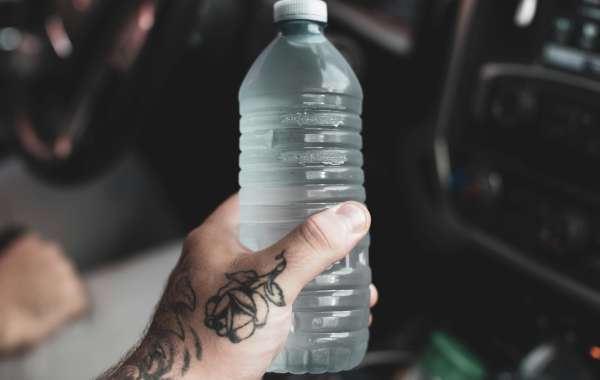Hello, and welcome! I’m excited to talk with you today about something I believe has huge potential for positive impact: recycling PET bottles. We’ve all seen them and used them, but many of us don’t know the broader benefits they offer, especially when recycled properly. In this post, I’ll explore how PET bottles are not only highly recyclable but also play a big role in reducing waste and fostering a circular economy. Let’s dive into why recycling these bottles matters and how it can make a difference for both our environment and economy.
PET Bottles: A Recycling Champion
PET bottles are a familiar sight in households, shops, and workplaces. What makes them special is their recyclability. PET, or polyethylene terephthalate, is a type of plastic designed to be strong, lightweight, and, most importantly, easy to recycle. When we recycle PET bottles, they can be transformed into a range of new products, from fresh bottles to clothing and even carpets. Recycling PET bottles requires less energy compared to producing new plastic, which helps conserve resources and reduces emissions.
In New Zealand, recycling PET bottles is relatively simple due to our efficient recycling systems. Most local councils collect them through kerbside recycling, which means that the majority of us have easy access to proper disposal methods. This accessibility has been crucial in encouraging people to recycle, and it’s made a real difference in reducing the number of bottles that end up in landfills.
Reducing Waste and Conserving Resources
One of the biggest benefits of recycling PET bottles is its impact on waste reduction. Instead of PET bottles contributing to landfills or, worse, polluting our oceans, recycling gives them a new life. In New Zealand, where we place high value on preserving our natural environment, reducing waste through recycling is essential. Every PET bottle recycled is one less bottle that could harm wildlife or disrupt our ecosystems.
Recycling PET bottles also helps conserve valuable resources. PET is derived from petroleum, a finite resource that takes a heavy toll on the environment when extracted. By recycling PET bottles, we reduce the need for new plastic production, which, in turn, reduces the demand for oil and other natural resources. It’s a simple step with far-reaching benefits, and it allows each of us to play a role in conserving resources for future generations.
Supporting a Circular Economy
A circular economy is an economic system aimed at eliminating waste and making the most of our resources. In a circular economy, products are reused, repaired, and recycled as much as possible, creating a closed-loop system. PET bottle recycling fits perfectly into this model, as it allows us to continuously cycle materials back into the production process.
When we recycle PET bottles, we’re not just reducing waste but also feeding resources back into the economy. By turning used PET bottles into new products, we’re closing the loop on plastic waste. This approach is not only more sustainable but also offers economic benefits, creating jobs and reducing the costs associated with waste management. New Zealand is increasingly embracing circular economy principles, and recycling PET bottles is a practical and effective way to contribute to this shift.
Recycle Today for a Better Tomorrow
While recycling PET bottles may seem like a small act, it has significant potential to make a difference. It’s easy to overlook the importance of these daily decisions, but every bottle we recycle contributes to a cleaner, greener future. Let’s continue to make recycling PET bottles a priority in our homes, workplaces, and communities. Together, we can help reduce waste, conserve resources, and support a circular economy here in New Zealand.
So, next time you finish your drink, make sure your PET bottle finds its way to the recycling bin. Every effort counts in building a more sustainable world for ourselves and generations to come.








